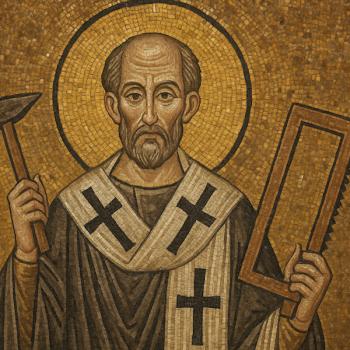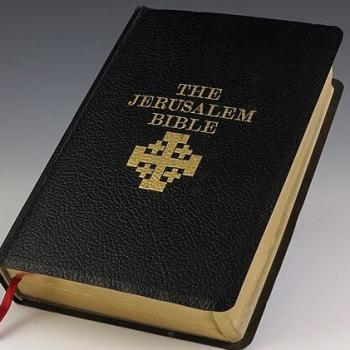Matthew 12:28: if I cast out demons by the Spirit of God, then the kingdom of God has come upon you. In many historic baptismal rites, there is a moment of exorcism. The candidate for baptism is asked if he renounces the devil and all his works, and all his ways, and all his pomp. In some baptismal liturgies, baptism in water is accompanied by other rites that signify an exorcism. (more…) Read more



















